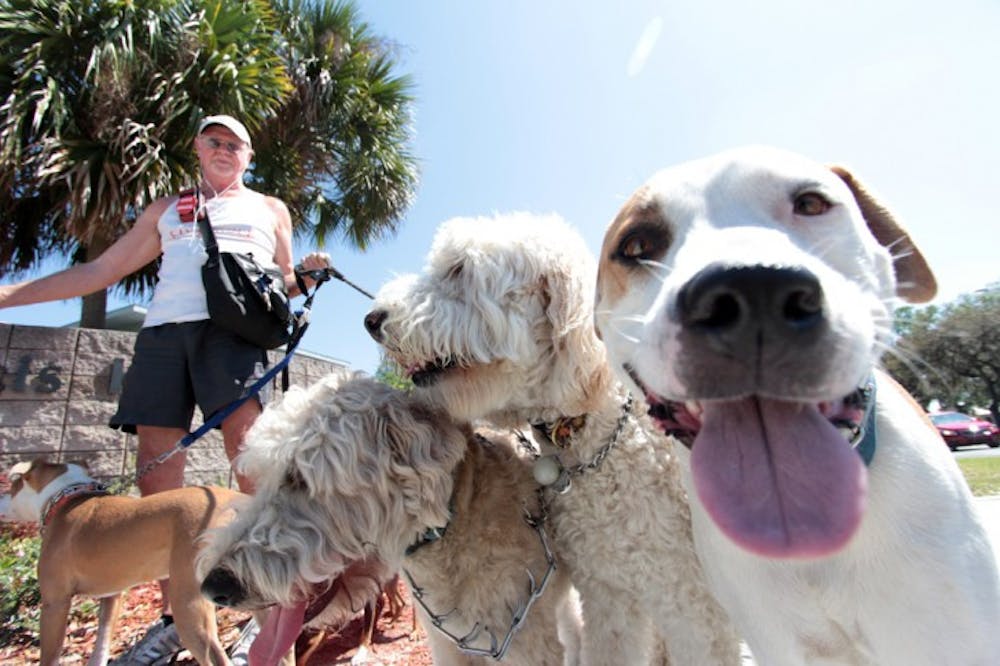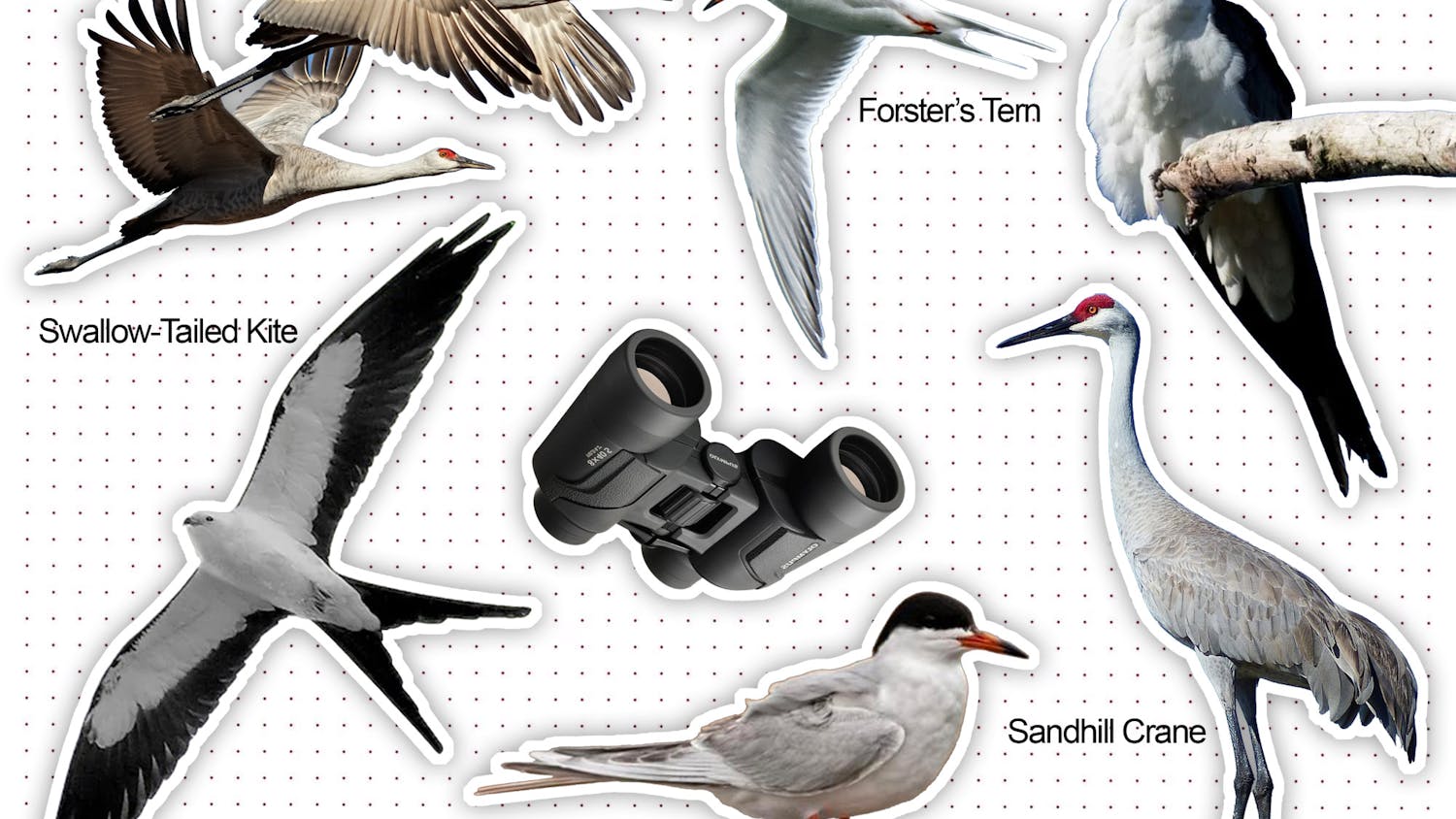A local organization is working to put identification microchips in cats and dogs for free by hosting clinics around Alachua County at existing facilities.
Helping Hands Pet Rescue decided to host the clinics after it was awarded a $10,000 grant for the chips from the Wagmore Foundation, a local organization devoted to reducing stray animal populations in Alachua County.
The grant allowed Helping Hands to purchase 1,000 pet microchips, said Andrea Reddick, executive director of Helping Hands.
The first clinic was held Saturday at West End Animal Hospital in Newberry, where organizers added microchips to 114 cats and dogs. Any Alachua County cat or dog owner is eligible for a free microchip, Reddick said.
The microchips are about the size of a grain of rice and are injected into the pet like a shot. If a pet is lost and turned into a shelter or veterinary office, the chip is scanned and the owner is contacted, Reddick said.
Some animals are found with collars and leashes but no identification tags, she said. Currently, shelters are only required to keep animals for three days before they’re euthanized or transferred to a different location. If more animals in the community have microchips, shelters can connect more animals to their owners, Reddick said.
“We’re looking to increase the return-to-owner rate at Alachua County Animal Services,” she said. “With the microchips, that percentage goes way up.”
The next free clinic will be held from 2 to 5 p.m. on April 26 at the Micanopy Animal Hospital. Reddick said the group will continue to do clinics until they run out of chips.
Dominique Levert, a 20-year-old UF psychology junior, said she’d consider getting her black lab named Lily, who occasionally slips out of the house and runs around the neighborhood, a microchip.
“In case something ever happens,” Levert said, “I will be able to rely on that system to identify my dog.”
[A version of this story ran on page 4 on 4/8/2014 under the headline "Pet rescue offering free microchips to all Alachua County owners"]






